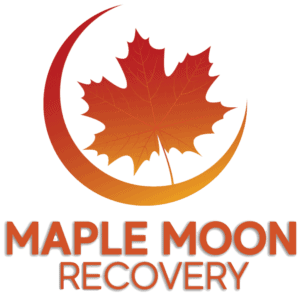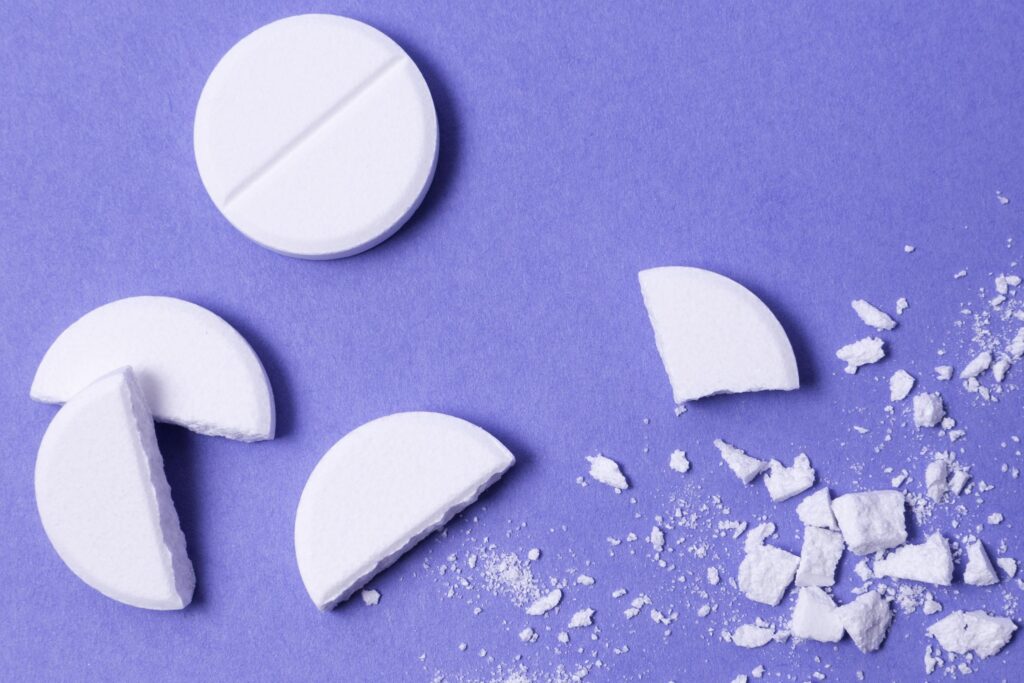Parental Substance Abuse And Unraveling the Hidden Trauma That Shapes Children’s Futures

Parental substance abuse addiction can profoundly affect children at every stage of their development. From Prenatal Development and Infancy to Early Childhood, the consequences can be severe. These impacts continue through the School-Age Years, Adolescence, and into Adulthood, shaping their emotional, social, and cognitive well-being.
Here are some potential impacts of parental substance abuse throughout the child’s stage of development:
Effects of Parental Substance Abuse on Prenatal Development
Effects of Parental Substance Abuse on Infancy and Early Childhood
Effects of Parental Substance Abuse on School-Age Years
Effects of Parental Substance Abuse on Adolescence
Effects of Parental Substance Abuse on Adulthood
Effects of Parental Substance Abuse on Prenatal Development
Abusive substances taken during pregnancy are a high risk to prenatal development and affect the health of the child even in the womb. The complications from ingesting alcohol, drugs, or tobacco can result in premature birth, low birth weight, and growth restrictions. Exposure to specific drugs, mainly opioids and stimulants, produces NAS, or a condition wherein newborns show withdrawal symptoms that require intensive treatment. Prenatal exposure to abusive substances impairs brain development, causing delays in cognitive and motor functions. Other long-term effects include attention and behavioral problems in learning; hence, substance abstinence in the prenatal stage of a child’s life is highly valued.
Effects of Parental Substance Abuse on Infancy and Early Childhood
Parental substance abuse during infancy and early childhood can have a major impact on the child’s emotional, physical, and cognitive development. Children depend on a stable and caregiving development to healthy attachments and a feeling of security, but substance abuse often interferes with this process. Addiction can render a caregiver emotionally unavailable, unpredictable, or even neglectful, increasing the risk of attachment issues, such as trust problems and anxiety. Furthermore, children may lag behind in language and motor skills because of insufficient stimulation. All in all, unsafe exposures and neglect will continue putting their health and safety at risk. Instability during early years can also affect their ability later in childhood to handle ongoing social, emotional, or educational stresses.
Effects of Parental Substance Abuse on School-Age Years
The effects of substance abuse in the family become more noticeable during the school-age years when children struggle with social, academic, and emotional problems. Many struggle with behavioral issues like aggression, anxiety, or withdrawal due to home stress. Academically, they may fall behind their peers because of concentration difficulties, absenteeism, or lack of support. The stigma of a parent’s addiction can result in shame and low self-esteem, making it difficult to connect with classmates. These children are easily targeted for bullying and social isolation, which may lower their self-perception and the ability to overcome challenges later in life.
Effects of Parental Substance Abuse on Adolescence
Parental substance abuse during adolescence may have a significant impact on the identity of the young person, their choices, and their mental health. While teens strive for independence, those with a history of parental addiction more often struggle with heightened emotional issues such as depression, anxiety, and unresolved trauma. They may also be at increased risk for behaviors like experimenting with drugs or alcohol as a means of coping with stress at home. Many experience social isolation, feeling disconnected from peers or burdened by the stigma of their family situation, making it hard to make healthy friendships and trust others. If not taken care of, these pressures can lead to long-lasting impacts on their self-worth, mental well-being, and decision-making as they transition into adulthood.
Effects of Parental Substance Abuse on Adulthood
Parental substance abuse during one’s childhood tends to have long-lasting impacts on adulthood, affecting one’s relationships, self-concept, and even mental health. In maturity, such individuals may have a hard time trusting and forming intimate relationships because they grew up understanding that relationships were unstable. They might face lingering trauma, including anxiety, depression, or PTSD, impacting their personal and professional lives. Besides that, they are more susceptible to substance abuse because of genetic predisposition and early exposure. Issues of self-esteem and guilt interfere with their ability to practice self-care, set boundaries, and establish healthy support systems. Unless they get proper support or therapy, they are likely to carry the emotional baggage from their childhood into their adult relationships, which takes a lot of effort to break the cycle and achieve stability and resilience.

The long-term impacts of a parent’s addiction can be complex and far-reaching, affecting not just the child’s mental health but also their ability to form healthy, stable lives as adults. If you or a loved one needs help with substance abuse recovery, don’t wait, we can help! Contact Maple Moon Recovery Today!
Share This Post



